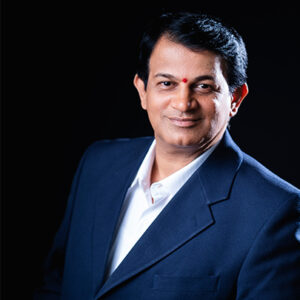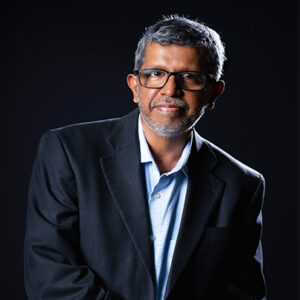E-rase the E-waste
In the present industrialized world, discarded electronic equipment or e‐waste is one of the fastest growing waste streams, due to the increase in sales and rapid obsolescence of these electronic products. Electronic waste or E-waste comprises of old, end-of-life electronic appliances such as computers, laptops, televisions, DVD players, refrigerators, air conditioners, freezers, mobile phones, MP3 players, etc. which contain several types of toxic materials that poses both occupational and environmental health hazards apart from polluting the adjoining environment severely.
India is among the top five e-waste producing countries in the world with estimated annual production of more than 2 million tons. Environmental deterioration and health risk due to improper e-waste management has become a serious issue in India. Like some of the other developing countries, the informal sector dominates the e-waste management in India with more than 90 per cent of the waste being processed in this sector. The dumping of e‐waste, particularly computer and mobile waste into India from developed countries has further aggravated the problem associated with e-waste management.
E-waste contains several precious metals, rare earth metals, ferrous and non-ferrous metals, plastic, wood and glass. The major portion of e-waste reaches an unorganized e-waste recycling sector and is then treated by using crude methods and unscientific reprocessing practices.
Challenges for E-waste Management in India
E-waste recycles in India is predominantly an informal sector activity. With the ever-growing technology and the willingness of the young crowd to use the updated gadgets; there is no concept in India of consumers voluntarily donating the useless electrical and electronic equipment at formal e-waste recycling centres, and also, there is not a concept of consumers paying for disposal of the e-waste they generate. With this background, here we list few challenges for e-waste management in our Nation:
- Poor infrastructure for e-waste recycling
- Lack of awareness and financial incentives
- Less information on e-waste generation rates
- Absence of legislation dealing specifically with e-waste
- Inadequate regulatory design and enforcement
- Absence of any framework for end-of-life (EoL) product take-back or implementation of extended producer responsibility (EPR)
- Environmentally unsustainable informal sector practices.
The way ahead to manage e-waste in India
The immediate need of the hour calls for a more clear-cut legislation and forward looking vision to manage the e-waste recycling economy in the thriving informal and the nascent formal sector in India. India is required to control the import of electronic recyclables (e-scarp) in the name of second-hand appliances and implement strong EPR (Extended Producer Responsibility) system to promote the reuse of products through remanufacturing and introduce efficient recycling facilities. E-waste management in India can be improvised by:
- Providing market information about e-waste prices to establish a healthy market for e-waste within and between informal and formal sector operators
- Incentivizing formal organizations to channel their e-waste recycling through government-approved recycling centres and also enjoy point-based reward system of E-waste Recycling Credits (ERCs)
- Strengthening, training and upskilling informal sector players, particularly for handling and dismantling hazardous materials
- Deploying readily available and mature recycling technologies to improve the recycling efficiency of the large volumes of e-waste management and to promote joint ventures between international and domestic companies for setting up large e-waste recovery plants
- Developing innovative methods & future-oriented technologies for transforming new e-waste streams into high-value products
- Creating public awareness for e-waste management to encourage appropriate disposal practices.
Conclusion
The explosion of electronic products over the last three decades and the corresponding rapid raise in e-waste pose a significant environmental challenge to the governments, particularly in developing countries such as India. On the other hand, e-waste arena can also be looked positively as a platform for business initiative for energy production (hydrogen and electricity) and precise metal recovery (gold, silver and platinum) through technological approaches.
Finally, it is essential to integrate the two contrary informal sector with the formal sector to separately collect, effectively treat and dispose the e-waste in a safe and sustainable manner, as well as divert it from conventional landfills and open burning.




